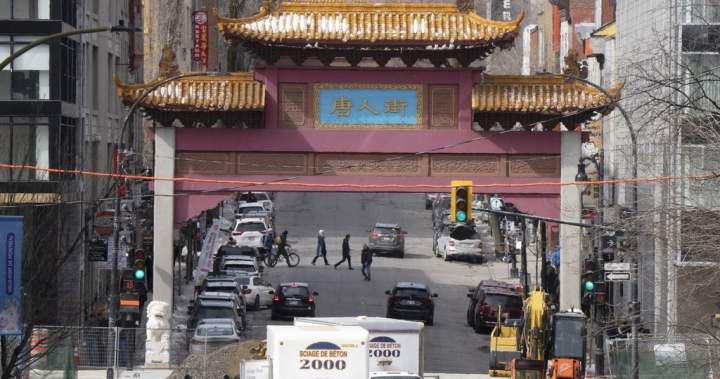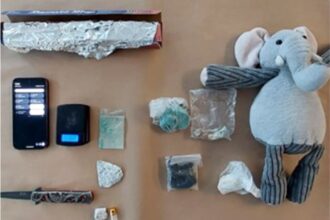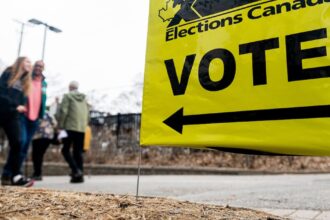The abrupt conclusion of an RCMP investigation into alleged Chinese police stations in Quebec has left members of the province’s Chinese community demanding transparency and raising concerns about damaged reputations within their community.
Last week, the RCMP announced it had closed its investigation into suspected “police stations” allegedly operated by the People’s Republic of China in Montreal and Brossard. The federal police force stated it found “insufficient evidence to support laying criminal charges” after examining information gathered during its probe.
For May Chiu, a lawyer and spokesperson for Canadians for Justice and Peace in China, the investigation’s sudden end without detailed explanation feels deeply problematic.
“The Chinese community is owed more than a brief statement,” Chiu told CO24 News in an interview. “Many individuals were implicated, organizations were scrutinized, and reputations were tarnished throughout this process. Now we’re left with more questions than answers.”
The controversy began in March 2023 when the RCMP announced its investigation into two Quebec service centers allegedly linked to China’s global network of unofficial “police stations.” These facilities, according to human rights organizations and a Spanish-based NGO called Safeguard Defenders, allegedly monitored and intimidated Chinese nationals abroad.
The service centers in Quebec operated out of a church in Montreal’s Chinatown and a community center in Brossard. Both locations were identified in Safeguard Defenders’ reports, which claimed China had established over 100 such stations worldwide to extend Beijing’s reach beyond its borders.
Michael Abramson, president of the Chinese Association of Montreal, expressed frustration at how the investigation has affected the community’s reputation.
“These were community centers providing legitimate services to new immigrants – translation assistance, document processing help, cultural integration programs,” said Abramson. “The investigation cast a shadow over vital community resources without providing concrete evidence of wrongdoing.”
The RCMP’s conclusion comes nearly eight months after similar investigations in Ontario led to charges against five individuals in connection with foreign interference activities. The stark contrast in outcomes between provinces has only fueled more questions.
Federal Public Safety Minister Dominic LeBlanc defended the RCMP’s handling of the case, stating that investigations follow evidence rather than political pressure. “The RCMP conducts thorough, independent investigations based on facts and evidence,” LeBlanc said in a statement to CO24 Politics.
However, security experts note that investigations into foreign interference present unique challenges. Wesley Wark, a senior fellow at the Centre for International Governance Innovation, points to the difficulty of gathering admissible evidence.
“The evidentiary threshold for criminal prosecution is extraordinarily high in these cases,” Wark explained. “Intelligence gathered might suggest concerning activity without meeting the standard required for court proceedings.”
Chinese community leaders now worry about lasting damage to community organizations. Brossard Community Center president Lin Wei noted that attendance at their programs dropped significantly during the investigation period.
“Our center serves seniors, new immigrants, and families seeking connection to their heritage,” Wei said. “The investigation created fear and suspicion that won’t disappear overnight just because the RCMP closed their file.”
The Chinese Embassy in Canada has consistently denied allegations regarding overseas police stations, describing the community centers as service points for administrative needs like driver’s license renewals.
As Quebec’s Chinese community processes this latest development, many are calling for a fuller accounting of the investigation’s findings to restore trust and repair community relations. The question remains: in balancing national security concerns with community impact, how can authorities maintain transparency while respecting the presumption of innocence for those caught in the crosshairs of international tensions?










